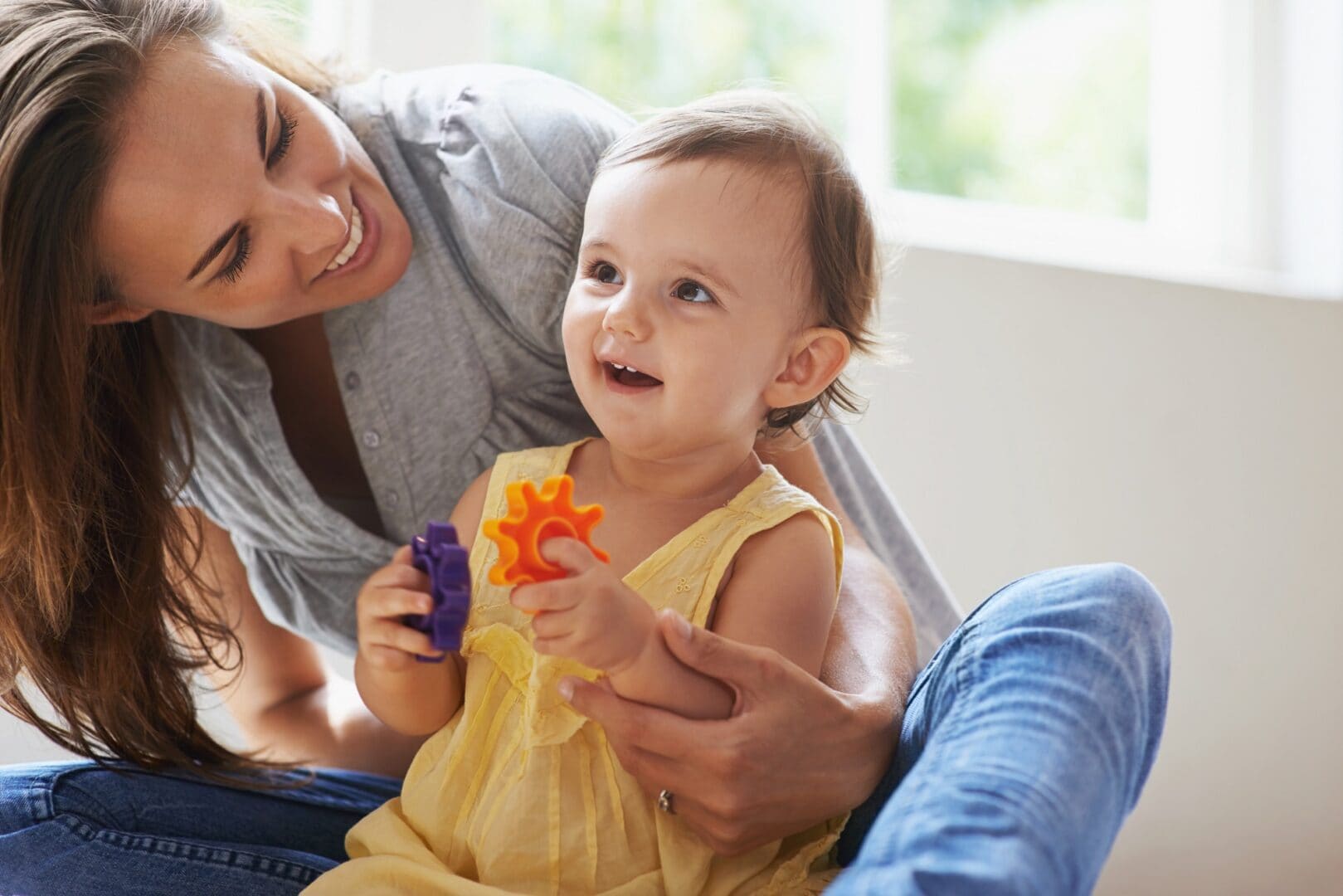>> Looking for a babysitter? Find childcare in your area now.
For most parents, your children’s needs are second nature. You know exactly what colour cup your toddler likes to use when drinking milk and that your 8-year-old still likes to sleep with a light on. But when you invite a new caregiver into your home, they of course aren’t going to know the ins and outs right away. Getting to know children as individuals and how a unique household functions takes time. But there are little things you can do starting on Day One that will help set your babysitter up for success. Here, we go over everything you need to have ready to go for your new babysitter’s first day.
Give a quick house tour
If your babysitter has not been to your home before, offering a quick tour is a good way to get them started, says Megan Y., a babysitter with more than six years of experience. “I like to know where everything is, like the bathrooms, where the diapers and wipes are kept, if there’s prepared food already made and where I can get that and what areas kids are not allowed to go in,” she says.
During the tour, you can also go over:
- What kinds of snacks are appropriate
- Where to find diaper and/or potty training supplies
- Where to find extra clothes and pyjamas
- Things that are off-limits to kids
- How to work things, like the thermostat, television or dishwasher
- How to enable or disable any alarms
- How to install and/or use the car seats
Explain house rules and essential information
Your babysitter likely already knows most of the important information about your family from your babysitter job listing and initial interview, but it’s still a good idea to go over the specifics of house rules or other vital instructions. For example, the babysitter may know your child has asthma but they will still need to know where to find the child’s inhaler, how to use it and when it’s appropriate to administer it.
“If there are important steps that I must follow, such as [for] dosing medication or preparing food for a child who has sensitivities, write it down step-by-step and then go over it on the first day,” says Jennifer Ellis, a babysitter who’s been in the business for four years.
It’s also a good idea to write down any non-negotiable rules, such as no screen time or that the baby gate must be on the stairs at all times.
Provide emergency information
Make a list of important phone numbers and stick it on the fridge or somewhere that is easily accessible. Write down your full address, in case the babysitter doesn’t have it memorized. In an emergency where they would need to call 999, they would need to have that readily available.
Your list of contact information should also include:
- Your phone number (work and mobile, if necessary) and email address
- Any allergies your child has, as well as the names and dosages of medications
- The paediatrician’s name and phone number
- The phone number of a trustworthy neighbour or other emergency contact, in the event that you can’t be reached
- If you have a security system in place, any needed codes or contact numbers
In addition to a list of contact information, it is useful to have a simple first aid kit assembled. This should include things like bandages of various sizes, antibiotic and hydrocortisone ointments, a thermometer, sterile gauze pads and adhesive tape (in the rare event of more serious wounds) and plastic baggies for holding ice.
Make a rough schedule
You don’t need to plan your babysitter’s schedule down to the minute, but it can be helpful to lay out a basic timeline, including the child’s usual meal times and sleep times. You can also use a schedule to make the babysitter aware of any preferences the kids have. For example, you can note by the spot for bedtime that your oldest must have the blue blanket and your youngest likes to read “Goodnight, Moon.” A schedule can be as simple as:
- 4 p.m. – Play in the toy room. No screens at this time.
- 5 p.m. – Prepare dinner. Meal is prepped in the freezer. Just remove lid and bake at 350 degrees for 20 minutes.
- 6:30 p.m. – Change kids into pyjamas and help them brush teeth. They can play for an hour or watch two episodes of their favourite TV show.
- 7:30 p.m. Read a bedtime story. They can pick their own.
- 8:00 p.m. Bedtime. Make sure Madison has her stuffed dog and night light.
>> Looking for a babysitter? Find childcare in your area now.
